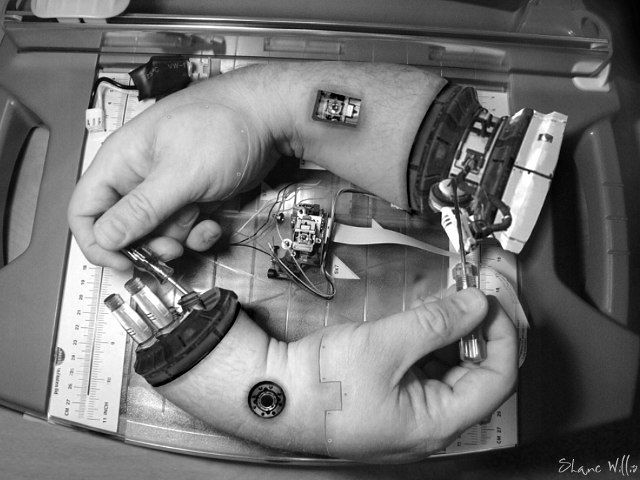Panel about trust, argumentation and semantics. Francesca XXX, as moderator begins with 6 questions related with these 3 topics.
Jordi Sabater: Talking just about arguing about reputation. But this is not a panel, but a paper :-( I thought ‘panelists’ were going to give their own vision of the problem.
Eugenio Oliveira: He talks about trust. Very general things.
Carles Sierra: He asks for the 6 original question and talk about them and his own concept of trust, linked with argumentation and semantics all the time. Well done… this is interesting because he’s not trying to teach us, but to .
Piero Bonneti: About the intgegration of trust and negotiation models. How to do it nad for what?. Open issues, again involving us to participate because we can contribute to all these things. He’s focusing on large scale systems. I like this, because the problems that arise and the need of distributed solutions dealing with local information. But, at the end, he is going off the point.
Second panel after have lunch, is about norms, organizations and (again) semantics (it seems to be a very important thing, after all :-) Panelists are Olivier Boissier, Marco Colombetti, John-Jules Meyer and Axel Polleres. Better than this morning, Dealing with the questions one by one, assistants have the floor. But after the second question is getting too slow and a bit boring.
More participative than CAEPIA session. A lot to learn or just to show mutual interest and ‘scientific responsibility’?

